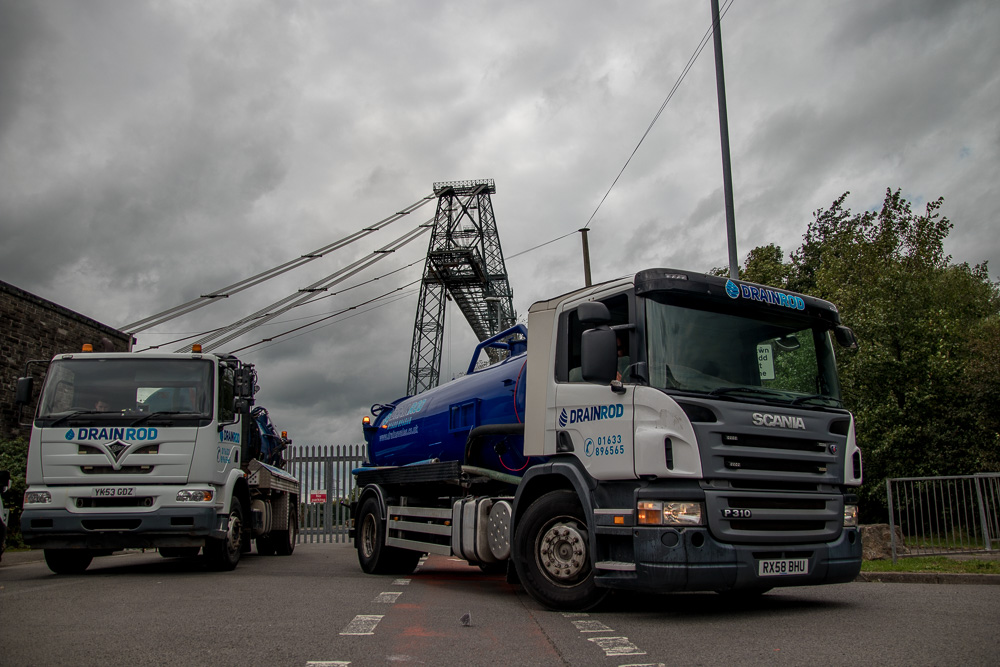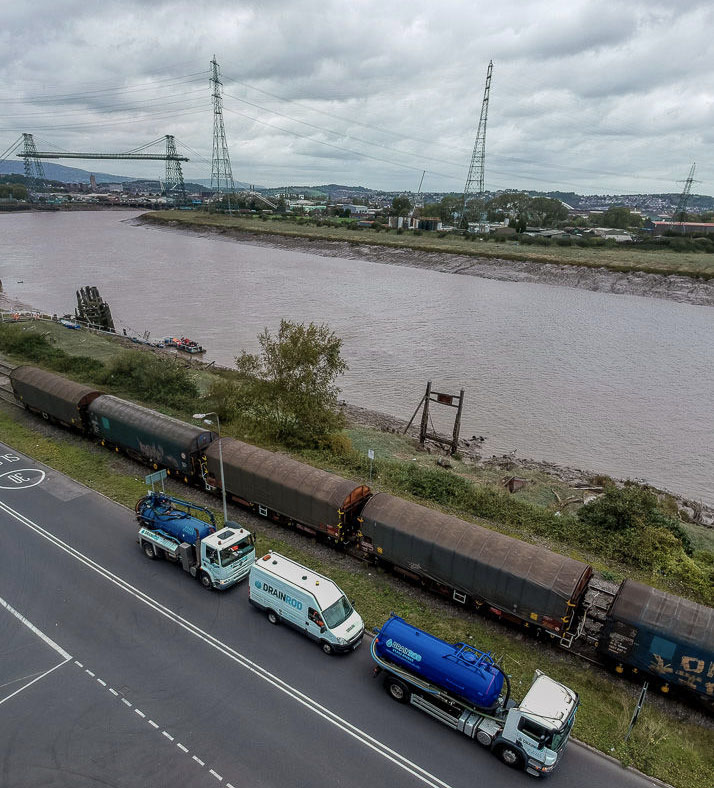What an Interceptor does
An Interceptor is a vitally important system to manage the flow of rainwater and to prevent it carrying contaminants into streams, rivers and seas. They stop fuel oils and spillages from being uncontrolled and unmanaged. They also have the great benefit of instantly managing major issues without the need for human interference. However, they need regular maintenance to ensure they can work in an optimum condition and work effectively.
In their design they allow uncontaminated water to pass through whilst collecting silt and fuel oils, which require one of our vacuum tankers to remove the contaminated waste, transport to an appropriate disposal site and supply you with the appropriate duty of care notes.
How regularly should an interceptor be maintained?
As an accepted rule, interceptors should be inspected and managed every 6 months. Even if you believe the interceptor to not have caught any contaminants it shows Natural Resources Wales, and the Environment Agency that you are proactive with your duties and have a recorded history of maintenance should any pollution occur nearby causing investigation. The lower the concentration of solids and contaminates will also lower the ultimate cost of disposals too.

Do you have an issue with contaminated Mud or sludges?
This is historically very difficult to not only collect but to find a legally compliant disposal facility which can accept the waste in this form. We have been working alongside cutting edge technology to manage fuel pollutants in areas containing heavy solids. The technology we are implementing originated from managing fuel spills in large water courses such as Deepwater Horizon in the Gulf of Mexico.
Following site inspections, our extensive skill and expertise will create a tailor made plan to manage your waste water duties. Call us today, for a no-obligation quote.

